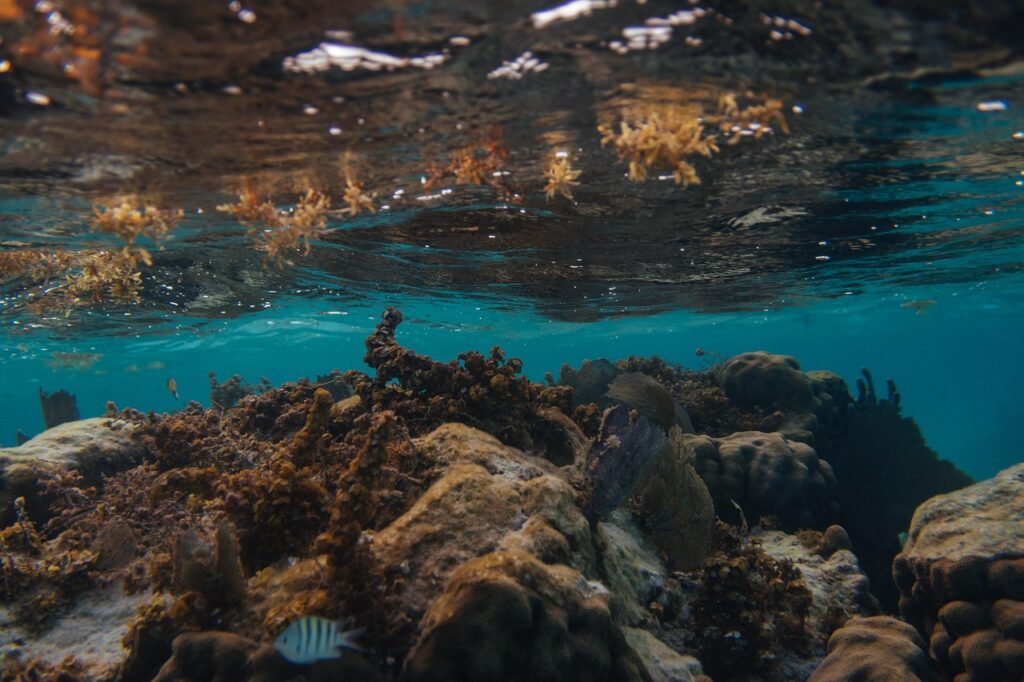For years, I dreamed about diving in Belize. The idea of slipping beneath the waves into a world of rainbow corals, sea turtles, and towering reefs felt almost mythical. I envisioned a moment of pure wonder, where all the documentaries I’d binged and postcards I’d saved would come to life.
And in some ways, it did. I learned to scuba dive in crystal-clear waters, conquered the fear of breathing underwater, and even mastered some pretty decent buoyancy control. I saw fish dart like fireworks and followed my instructor into underwater caverns with awe. That part was magical.
But what I hadn’t prepared for was the heartbreak.
We arrived at the tail end of a heat wave, and the reef was… quiet. Not dead, exactly—but eerily pale. The brilliant colors I’d imagined were missing. Instead, large swaths of coral looked ghostly white, a sign of coral bleaching, triggered by rising ocean temperatures. Some parts shimmered faintly, as if trying to hold on. Others were limp and lifeless.
I floated there, staring at the skeletal remains of what once was, feeling more like a witness than an explorer.
To add to the grief, I saw fellow snorkelers standing on fragile coral beds and slathering on non reef-safe sunscreen, unaware—or indifferent—to the damage being done. I tried to speak up kindly, but it felt like tossing pebbles at a tide. The ocean doesn’t forgive thoughtless touches. And the coral? It takes years—sometimes decades—to recover, if it ever does.
🌎 A Global Crisis You Can’t Unsee
Coral reefs cover less than 1% of the ocean floor, but they support over 25% of all marine life. They also shield coastlines, feed communities, and offer untold ecological value. And yet, due to warming waters, pollution, and physical damage, we’ve lost over half the world’s reef systems since the 1950s.
In Belize, the reef is a symbol of beauty and resilience—but even here, it’s struggling.
The irony is painful. Tourism helps local economies and builds appreciation for nature—but when it’s done carelessly, it accelerates the loss of the very thing people came to see.
🐠 What I Wish More Travelers Knew
If you’re planning a trip to Belize—or anywhere with coral reefs—please take this to heart:
- Use reef-safe sunscreen: Avoid oxybenzone and octinoxate; look for mineral-based brands.
- Never touch or stand on coral: Even brushing it with a fin can kill polyps.
- Keep a respectful distance from wildlife and the reef.
- Support eco-conscious tour operators that protect marine habitats.
- Educate others—not everyone knows, and sometimes a gentle reminder works.
🧡 From Wonder to Stewardship
I came to Belize hoping to be amazed. And I was. But I also left with a sense of responsibility.
Our reefs are disappearing in silence. They don’t scream when they die. They fade. They bleach. And unless we change how we interact with them—through policy, through tourism, through education—we risk losing something irreplaceable.
My dive taught me more than how to breathe underwater. It taught me to care deeper, tread lighter, and speak louder.

